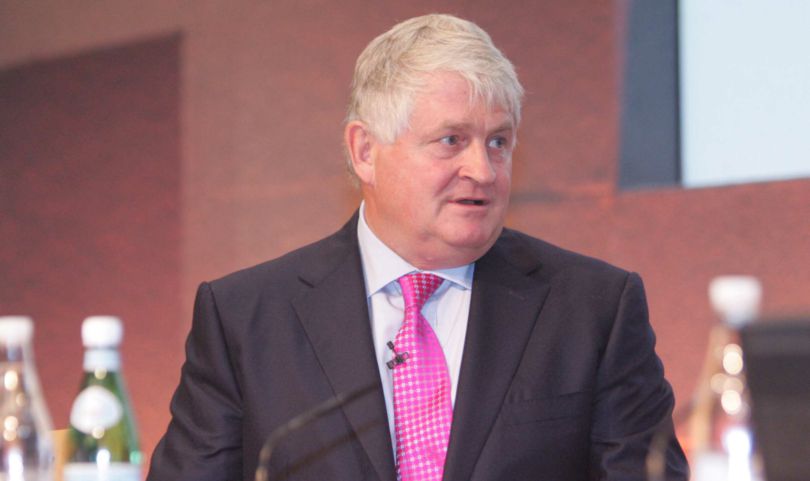Telecoms firm Digicel, which is owned by Denis O’Brien, is to introduce ad-blocking technology on its networks and is also calling on the likes of Google, Facebook and Yahoo to contribute revenue to the network operators that power them.
Digicel provides communications and entertainment services to customers in the Caribbean and South Pacific. According to the firm, the introduction of ad control technology will allow its customers to browse the mobile web and apps “without interruption from unwanted advertising messages”.
Starting in Jamaica and rolling out to its other markets in the Caribbean and South Pacific in the coming months, Digicel is working with Israeli startup Shine Technologies to be the first operator worldwide to deploy Shine’s mobile ad control technology at the network level.
Shine’s technology blocks display and video ads inserted by ad networks in both mobile browsers and apps.
O’Brien also wants companies such as Google and Facebook to enter into revenue-sharing agreements with network operators such as Digicel, ostensible so that the money can be reinvested in network deployment and to bridge the digital divide.
Suckers
“Currently, these companies do not pay to make use of the network and the services they provide on it suck up bandwidth to make money for themselves through advertising while putting no money in,” he said.
O’Brien added: “This is about giving customers the best experience and about getting access to broadband to the unconnected and allowing them to benefit from the opportunities it affords.
“Companies like Google, Yahoo and Facebook talk a great game and take a lot of credit when it comes to pushing the idea of broadband for all – but they put no money in.
“Instead, they unashamedly trade off the efforts and investments of network operators like Digicel to make money for themselves. That’s unacceptable, and we as a network operator, are taking a stand against them to force them to put their hands in their pockets and play a real role in improving the opportunities for economic empowerment for the global population.”











